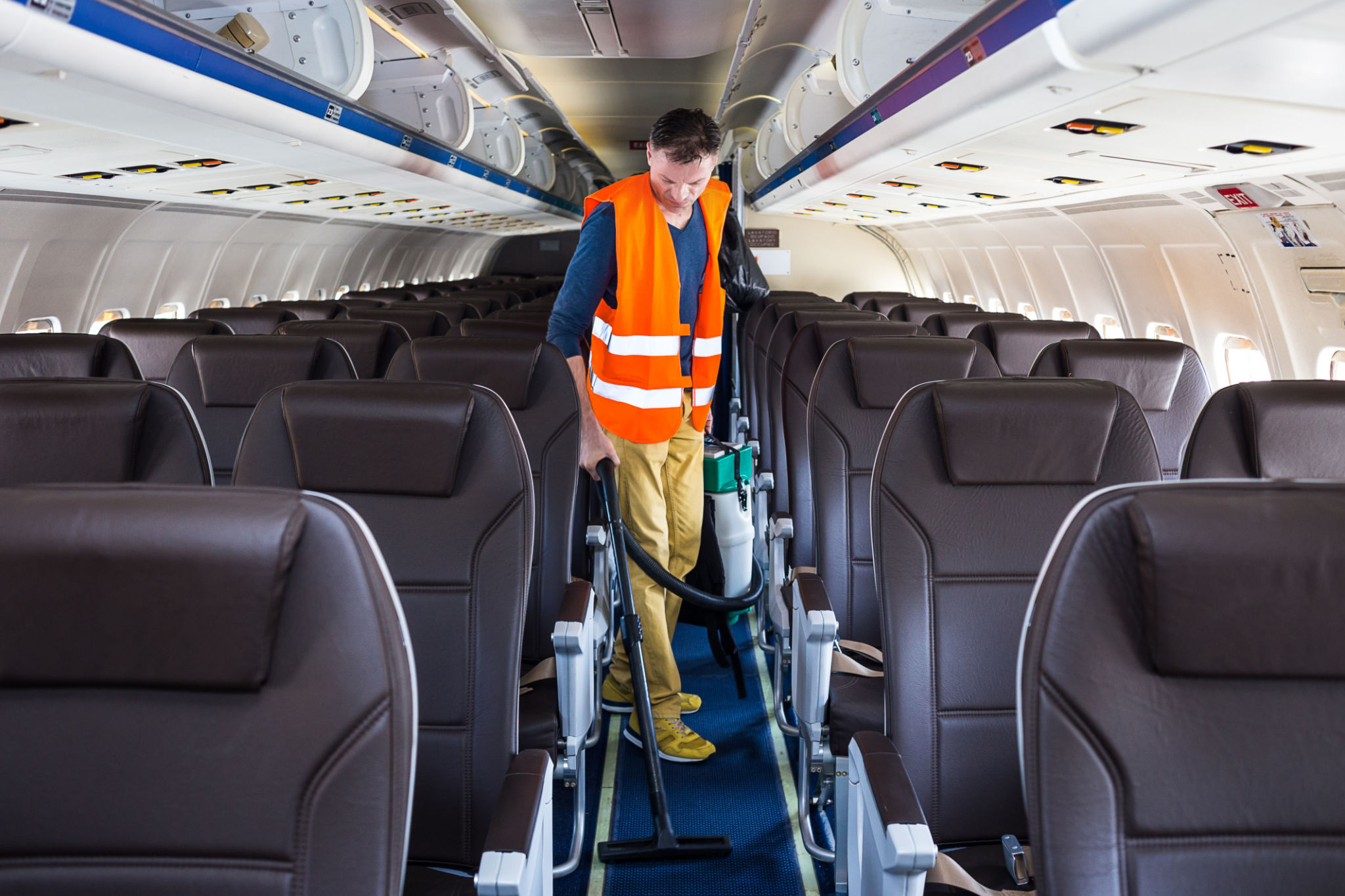Common Misconceptions About Aircraft Detailing: What You Need to Know
Introduction to Aircraft Detailing
When it comes to maintaining an aircraft, detailing is often misunderstood or underestimated. Much like automotive detailing, aircraft detailing involves cleaning, restoring, and protecting the various surfaces of an aircraft. However, given the unique requirements and materials involved, aircraft detailing is a specialized field. This article aims to debunk some common misconceptions about aircraft detailing and provide clarity on what you really need to know.

Misconception #1: Aircraft Detailing is Just Fancy Washing
One of the most prevalent misconceptions is that aircraft detailing is merely a luxury service akin to a car wash for airplanes. In reality, aircraft detailing is a comprehensive process that not only enhances the appearance of the aircraft but also plays a crucial role in its maintenance and longevity. From cleaning the fuselage and decontaminating the cabin to polishing the metal surfaces and applying protective coatings, detailing is an essential part of aircraft care.
The Importance of Specialized Products
Aircraft are made from a variety of materials that require special attention. The exterior surfaces often include aluminum, titanium, and composite materials that need tailored products to avoid damage. Using the wrong cleaning agents can lead to corrosion or deterioration, which is why professional detailers rely on specialized products designed specifically for aviation.

Misconception #2: Detailing is Only About Aesthetics
While a freshly detailed aircraft certainly looks impressive, the benefits go far beyond aesthetics. Proper detailing helps in identifying potential issues that may not be visible during regular maintenance checks. By keeping surfaces clean and polished, detailers can spot signs of wear and tear or corrosion early on, allowing for timely repairs.
Enhancing Operational Efficiency
A well-maintained exterior can also improve fuel efficiency by reducing drag. Dirt and grime accumulation on the aircraft's surface can create unnecessary drag, which affects fuel consumption. By regularly detailing an aircraft, you not only maintain its appearance but also ensure it operates efficiently.

Misconception #3: Any Detailer Can Handle Aircraft
Aircraft detailing requires a specific skill set and understanding of aviation materials and regulations. Unlike cars, aircraft have components that are sensitive to certain chemicals and techniques. Professional aircraft detailers undergo specialized training to ensure they meet the industry's high standards while adhering to safety protocols.
The Role of Experience in Aircraft Detailing
The experience of a detailer plays a significant role in delivering quality results. Experienced professionals are well-versed in handling various aircraft models and their unique requirements. They are also updated with the latest advancements in detailing techniques and products, ensuring your aircraft receives top-notch care.
Conclusion: The Value of Professional Aircraft Detailing
Aircraft detailing is much more than just a superficial service; it is an integral part of maintaining your aircraft’s performance and safety. By dispelling these common misconceptions, we hope to highlight the importance of entrusting your aircraft to skilled professionals who understand the nuances of aviation maintenance.
Whether you're an owner or operator, investing in regular detailing services can significantly extend the life of your aircraft while ensuring it remains in optimal condition for every flight.
